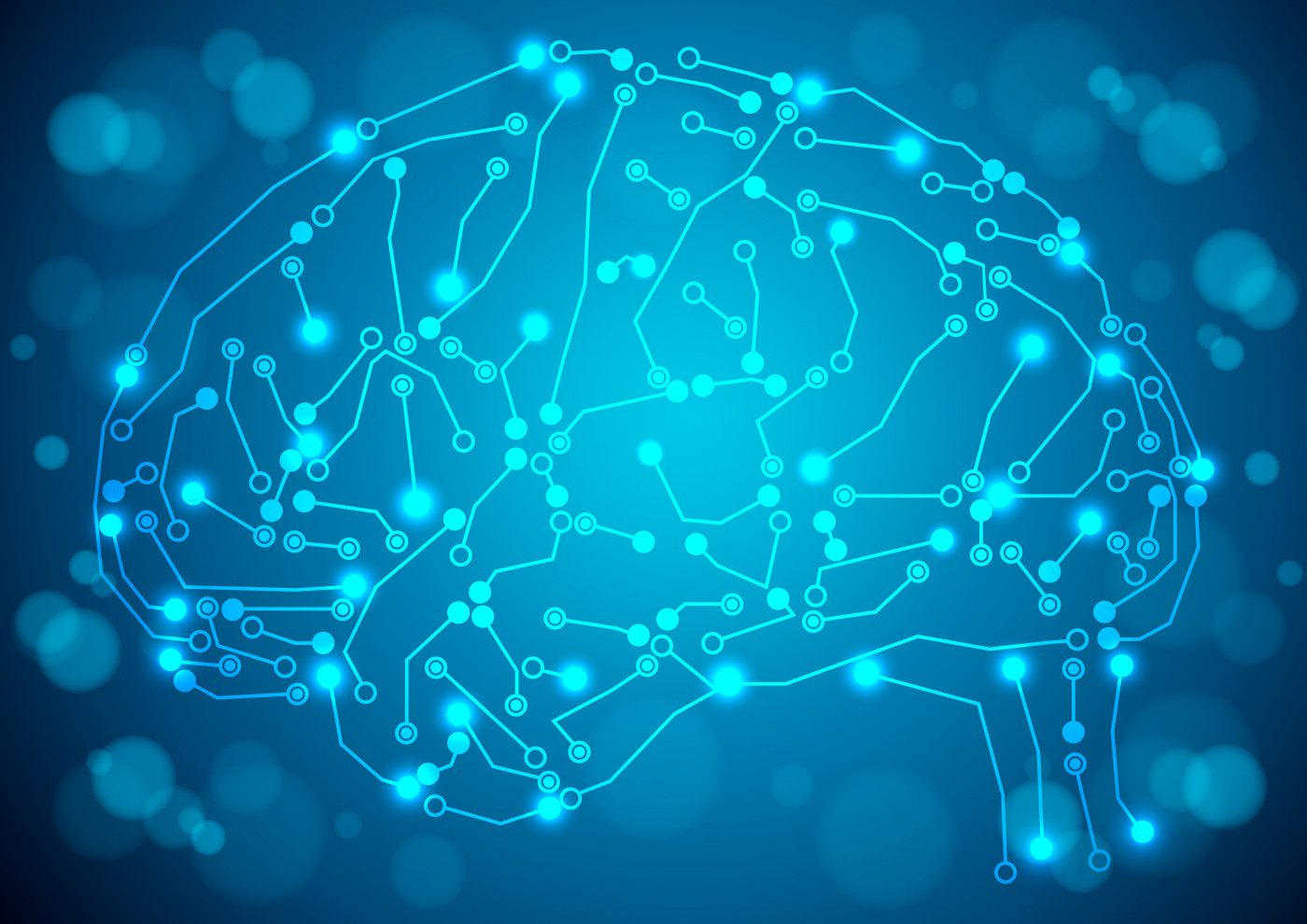$106M Weill Family Foundation Gift Opens Research Network to Advance Neuroscience

A $106 million Weill Family Foundation initiative will bring together interdisciplinary researchers and clinicians at three West Coast universities in hopes of finding new treatments for brain and nervous system disorders such as amyotrophic lateral sclerosis (ALS).
The University of California, Berkeley (Berkeley), the University of California, San Francisco (UCSF) and the University of Washington (UW) have launched the Weill Neurohub, a cutting-edge research network that seeks to promote collaborations among investigators from an array of fields, including artificial intelligence, engineering and data science.
“The gains in knowledge amassed by neuroscientists over the past few decades can now be brought to the next level with supercomputers, electronic brain-computer interfaces, nanotechnology, robotics and powerful imaging tools,” Sanford I. Weill, the foundation’s chairman, said in a press release.
“The Neurohub will seize this opportunity by building bridges between people with diverse talents and training and bringing them together in a common cause: discovering new treatments to help the millions of patients with such conditions as Alzheimer’s disease and mental illness,” he said.
The initiative will support collaborative projects with near-term transformational prospects, as well as pioneering investigators’ novel project ideas. It also intends to recruit new talent to fill knowledge gaps, and train the next generation of clinicians and scientists. In addition, the UCSF-based Neurohub will host symposiums and other meetings in order to share knowledge, promote new alliances and motivate scientists.
To fuel development of high-impact new approaches, the Neurohub will begin by funding projects built upon at least one of these four fields: imaging, engineering, genomics and molecular therapies, and computation and data analytics. For their computational and device manufacturing expertise, the Lawrence Livermore National Laboratory and the Lawrence Berkeley National Laboratory will provide support for the initiative. Other labs overseen by the U.S. Department of Energy that specialize in bioengineering, imaging and data science, also will contribute.
The announcement cites a 2016 study by the Information Technology & Innovation Foundation that found the economic burden of psychiatric and neurological diseases, such as ALS, Parkinson’s and Alzheimer’s,.exceeds $1.5 trillion annually in the U.S — nearly 9% of the gross national product.
Each year, more than 5,600 U.S. residents are diagnosed with ALS. With one in five residents turning 65 or older in the next decade, California has the nation’s largest aging population. That presents significant challenges that extend beyond the state, said Gov. Gavin Newsom.
“Every day, millions of people in California, the nation and the world are facing the uncertainty of neuro-related diseases, mental illness and brain injuries, and collaboration between different disciplines in science, academia, government and philanthropy is critical to meet this challenge,” Newsom said while thanking the Weill Family Foundation.
“Together, we must accelerate the development and use cutting-edge technology, innovation and tools that will advance research and practical application that will benefit people across the world and for generations to come. California is at the forefront of this innovation,” Gavin said.
The gift expands on the UCSF Weill Institute for Neurosciences, established in 2016 with $185 million from the foundation.
“Now, with the Weill Neurohub, we’re going even further: eliminating institutional boundaries between three great public research universities, and also other disciplinary walls between traditional neuroscience and non-traditional approaches to understanding the brain,” said Stephen Hauser, MD. Hauser is Weill Institute director and a Neurohub co-director along with Berkeley’s Ehud Isacoff, PhD, the Evan Rauch Chair of Neuroscience.
“By embracing engineering, data analysis and imaging science at this dramatically higher level — areas in which both Berkeley and the UW are among the best in the world — neuroscientists on all three campuses will gain crucial tools and insights that will bring us closer to our shared goal of reducing suffering from brain diseases.”
Tom Daniel, PhD, is the UW Joan and Richard Komen Endowed Chair and a member of the initiative’s leadership committee. He said the Neurohub is unlike any other effort.
“To my knowledge, this is a nationally unique enterprise — drawing on diverse approaches to accomplish goals no single institution could reach alone, as well as seeding and accelerating research and discovery,” Daniel said.






